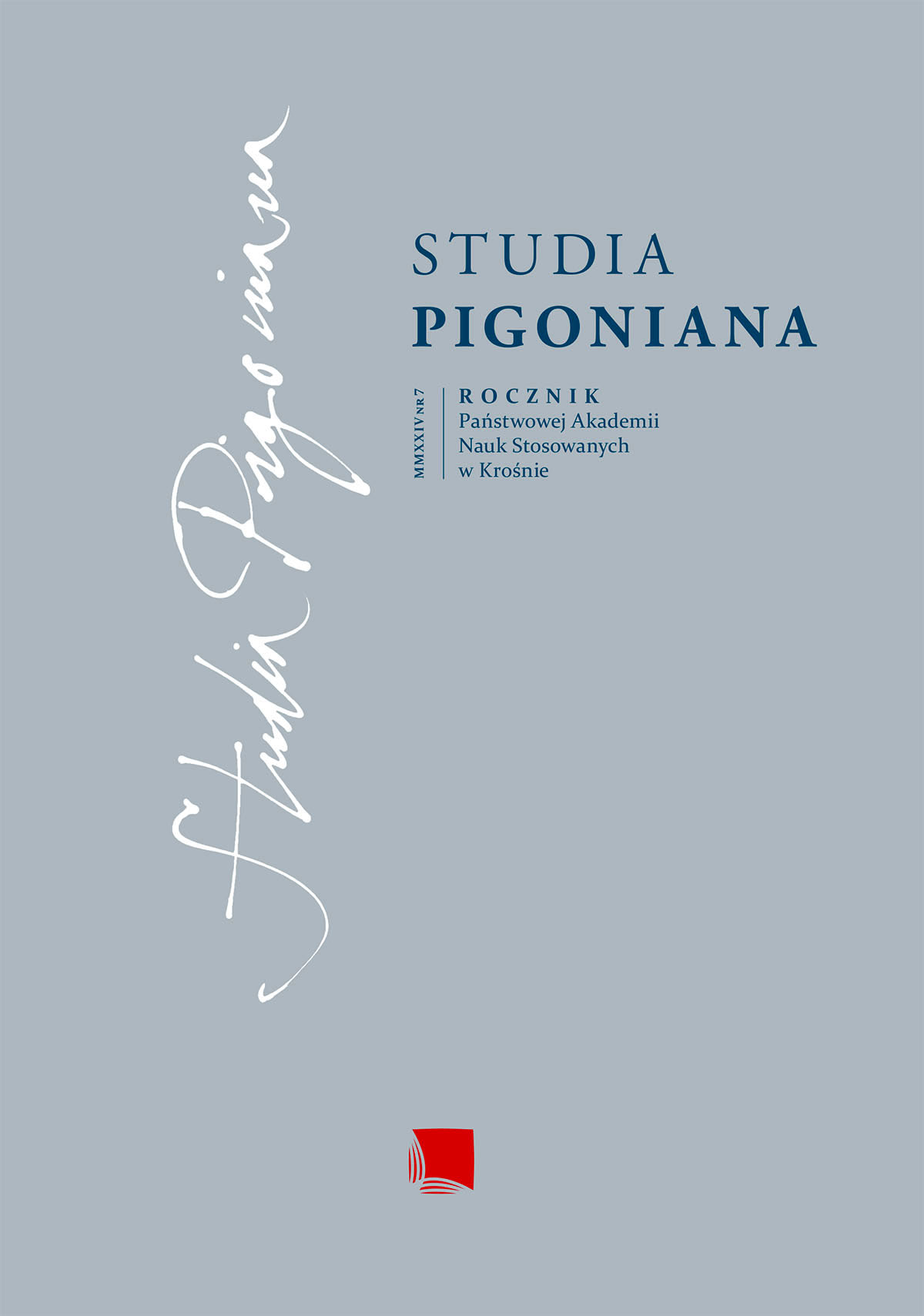Уродство и юродство в романе Саши Филипенко Возвращение в Острог
The deformity, moral depravity and the foolishness for Christ in the novel ‘Return to Ostrog’ by Sasha Filipenko
Author(s): Dzmitry KliabanauSubject(s): Language and Literature Studies, Studies of Literature, Eastern Slavic Languages
Published by: Wydawnictwo Naukowe PIGONIANUM
Keywords: Belarusian literature; Sasha Filipenko; postmodern novel; Victor Hugo; Fyodor Dostoevsky; the motif of ugliness; the motif of foolishness for Christ; orphanhood; repressive medicine
Summary/Abstract: The problem of deformity and moral depravity is one of the key issues in the novel Return to Ostrog. The author of the novel analyzes this issue on the physical and metaphysical plane by considering the fate of the inhabitants and, specifically, orphanage children in Ostrog, a small provincial town in the Russian North. In Ostrog, which is suffering of the all-encompassing learned helplessness, the role of the "freak – fool for Christ" falls to Pyotr Pavlov, an orphan, a man of great sensitivity and extraordinary morality, who is firmly convinced of the necessity to act for one's neighbor’s and the common good. In many ways, Pavlov's "foolishness for Christ" is an allusion to Prince Myshkin, the character from the novel The Idiot by Fyodor Dostoyevsky.The analysis of the issue of the deforming and destructive influence of the authoritarian-totalitarian state on children and their future, which is presented in Filipenko's novel, leads to the conclusion about the allusion to fragments of the novel The Man Who Laughs by Victor Hugo. In this novel, the author examines the issue of deliberate disfigurement and mutilation of children. Both, Hugo and Filipenko, agree on the social diagnosis of the issue: children are mere toys in the hands of the system, which humiliates and deprives them of basic rights and freedoms. As the result, children loose their social subjectivity and suffer permanent disability at emotional, mental and spiritual planes by being stripped of their humanity. Such outcome befalls both the individual and the entire society – in the case of Return to Ostrog, the society of post-Soviet authoritarian-totalitarian Russia.
Journal: Studia Pigoniana
- Issue Year: 7/2024
- Issue No: 7
- Page Range: 161-188
- Page Count: 28
- Language: English, Russian, Polish

